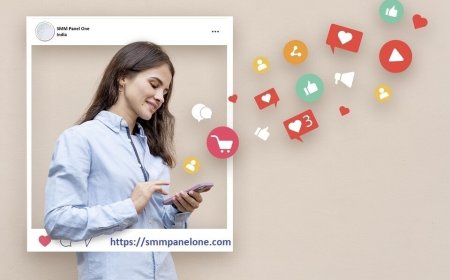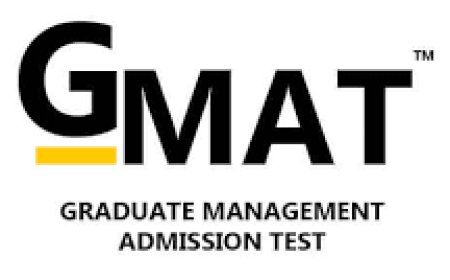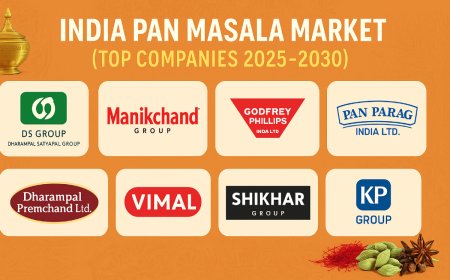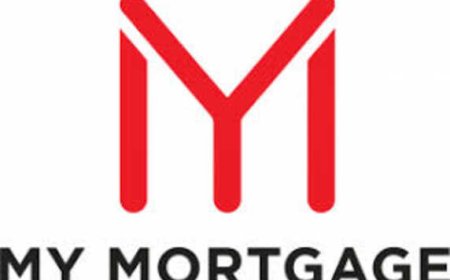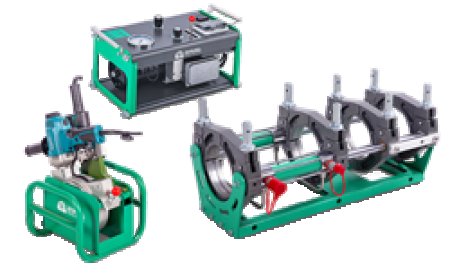Modern Metal Screens in Dubai: Stylish Solutions for Privacy, Shading, and Architecture
Explore modern metal screens in Dubai—custom-designed for privacy, shading, and elegance in homes, hotels, and architectural landmarks.

Dubais architectural innovation continues to redefine urban aesthetics with a harmonious balance of form and function. In the pursuit of sophisticated design, architects and developers are turning to metal as a versatile material that satisfies both decorative and practical needs. Among the most sought-after elements in todays built environment are modern metal screensengineered to offer elegance, privacy, climate responsiveness, and visual impact.
Used across residential, commercial, and public projects,Metal screensprovide a stylish solution that addresses several architectural challenges. Whether its reducing solar heat gain, protecting privacy, or enhancing facades with artistic flair, these structures are being customized to fit the vision of Dubais ever-evolving skyline. With materials and techniques advancing rapidly, metal screens are no longer mere building componentsthey are essential features that bring identity and performance to any space.
Design Meets Purpose: Why Metal Screens?
The appeal of metal screens lies in their dual nature. On one hand, they offer tangible functional benefits such as shading, airflow, and partitioning. On the other hand, they deliver visual interest, design continuity, and material contrast. In a city where temperatures often exceed 45C, thermal control and light filtration are critical, and metal screens play a pivotal role in achieving both.
These screens can be customized with intricate patternsfrom mashrabiya-inspired motifs to geometric abstractionsthat not only cast beautiful shadows but also reflect cultural and environmental sensitivity. Their design flexibility makes them perfect for modern villas, high-rises, and institutional buildings, all of which aim to merge luxury with sustainability.
Material Choices and Fabrication Techniques
A wide variety of materials are used to produce metal screens, each chosen for specific characteristics like strength, finish, corrosion resistance, and weight. Stainless steel, aluminum, corten steel, and brass are among the top choices in Dubais projects.
Stainless steel is favored for its sleek appearance and long-lasting performance, especially in coastal or high-traffic areas. Aluminum, being lightweight and rust-resistant, is ideal for larger panels and rooftop installations. Corten steel offers a rustic, weathered look, suitable for landscape screens and outdoor sculptures. Brass, though more decorative, adds a luxurious finish to boutique hotels or cultural venues.
With CNC laser cutting, waterjet machining, and plasma cutting available locally, Dubai-based fabricators can achieve millimeter-precise detailing. Design files are rendered in CAD software, allowing architects to experiment with pattern scale, light transparency, and mounting details. Once approved, sheets are cut, coated, and treated with finishes like powder coating, anodizing, or patina depending on their final application.
Applications Across Urban Dubai
The versatility of metal screens allows them to adapt seamlessly across various spaces. In luxury residential projects, they appear as faade accents, terrace railings, and interior partitions. Their function extends beyond privacythey also act as wind barriers and solar control devices, reducing dependency on artificial cooling.
Commercial buildings use them as lobby dividers, ceiling features, or exterior cladding to reinforce branding and elegance. Restaurants and cafes integrate metal screens into their outdoor seating to create intimate environments without compromising openness. In high-rise developments, balcony screens and service area enclosures are fabricated to meet both safety regulations and aesthetic expectations.
Public spaces also benefit from the durability and visual appeal of metal screens. Parks, walkways, government buildings, and metro stations incorporate screens to convey cultural narratives through pattern and material. In some installations, LED lighting or photovoltaic integration enhances both energy efficiency and nighttime impact.
Enhancing Architecture with Metal Artistry
Beyond their functional utility, metal screens contribute significantly to architectural storytelling. When backlit or layered, they provide texture and shadow that change throughout the day. This dynamic interaction with natural light gives buildings a living quality, drawing attention without overwhelming the overall form.
In the context of Dubais multicultural landscape, designers often incorporate Islamic geometry, calligraphy, or mashrabiya-inspired patterns. This fusion of tradition and modern engineering enriches the visual vocabulary of urban architecture. Whether minimal or intricate, the design must maintain consistency across multiple panels and scalesan achievement made possible through advanced digital fabrication.
Another advantage is integration with other materials. Metal screens can be combined with glass, wood, or concrete to create depth and contrast. In interiors, they serve as art pieces that double as functional room dividers or signage elements.
Why Local Fabricators Make the Difference
Working with local fabricators in Dubai offers numerous advantages. First, it ensures alignment with local building codes, climatic conditions, and project timelines. Companies like BeyondSteel, located in Jebel Ali Industrial Area, provide full-service metalwork solutions, from concept to installation.
Their knowledge of regional aesthetics allows them to deliver products that are both technically sound and culturally resonant. They also offer site assessments, material consultation, and mock-ups to refine design intent before mass production. Local fabrication means faster turnaround times, cost efficiency, and better quality control, which is critical in fast-track developments.
Moreover, many fabricators in Dubai follow sustainable practices, using recyclable materials, low-emission coatings, and energy-efficient machinery. This aligns with the UAEs goals for green building and smart city development under Vision 2030.
Sustainable and Smart Applications
Modern metal screens are increasingly designed with sustainability in mind. Their ability to reduce solar heat gain translates to lower cooling energy demands. When strategically placed, they allow natural light while minimizing glare and heat. Perforated designs promote airflow and reduce reliance on mechanical ventilation.
Smart integration is also on the rise. Screens fitted with kinetic elements or sun-tracking automation can adapt to environmental conditions in real time. Movable panels, operable louvers, and integrated lighting further elevate their performance.
Some architectural projects in Dubai incorporate solar panels into screen designs, combining energy harvesting with shading. This not only supports environmental goals but also creates a futuristic aesthetic aligned with smart building technologies.
Conclusion: Form, Function, and Future
Metal screens in Dubai are much more than architectural accessoriesthey are key design components that enhance privacy, shading, airflow, and visual identity. As urban spaces grow more complex and expressive, the demand for versatile, high-performance materials continues to rise.
Through precise fabrication, innovative design, and local craftsmanship, metal screens offer a solution that blends form and function seamlessly. Whether used in a residential villa, a hospitality space, or a public installation, they represent Dubais bold vision of design that respects tradition while embracing the future.
For architects, developers, and homeowners seeking to elevate their projects, metal screens provide the ideal intersection of style, sustainability, and structural integrity. With the right fabrication partner, these stylish elements can turn ordinary spaces into architectural landmarks.




